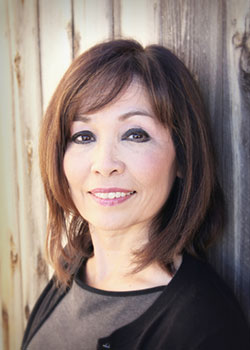PhD in Communication Sciences and Disorders
The University of New Mexico’s PhD program in Communication Sciences and Disorders has a primary focus on preparing our graduates to work in academic faculty positions.
The Department of Speech and Hearing Sciences has a strong focus on cultural and linguistic diversity as well as numerous specialization areas such as adult speech, language, and swallowing disorders (which result from stroke, traumatic brain injury, progressive disease, etc.), augmentative and alternative communication, child speech and language disorders (which result from autism, Down syndrome, etc.), and fluency disorders (such as stuttering).
Our program focuses on both theory and clinical practice, offering students the opportunity to develop both clinical research and teaching skills that positions them to compete for top academic and professional jobs.
Vision Statement
The vision of our doctoral program is to prepare scholars to be leaders of discovery within the field of Communication Sciences and Disorders.
Mission Statement
The University of New Mexico’s doctoral program in Communication Sciences and Disorders is an individualized, mentor-based program. Our program is designed to develop researchers and scholars, including those interested in clinical practice research as well as the scholarship of teaching and learning. Areas of specialization include communication and swallowing sciences and disorders, and related areas of faculty expertise. Students in our program are exposed to a broad range of research methodologies (including both qualitative and quantitative methods) with in-depth study within each student’s area of specialization, enhanced by campus-wide interdisciplinary grounding and training. Our graduates will be leaders in the field of Communication Sciences and Disorders, thoroughly prepared for employment in the academic and professional fields of the future. The University of New Mexico, located in Albuquerque, New Mexico, offers a unique multicultural and multilingual research environment.
Download the SHS PhD program Handbook.
Contact Information
For additional information about our PhD program, please contact Cathy Binger at cbinger@unm.edu .
Meet our research faculty to learn more about potential PhD mentors.
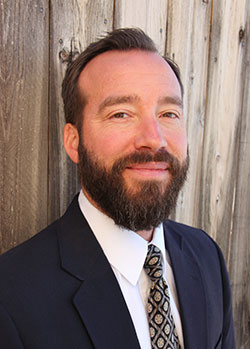 Rick Arenas, Ph.D. Rick Arenas, Ph.D. | Dr. Rick Arenas directs the UNM Stuttering lab uses a variety of research methods to investigate the variability of stuttering and the process of therapeutic change. |
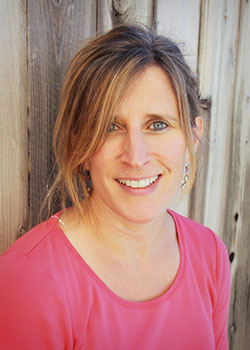 Cathy Binger, Ph.D., CCC | Dr. Cathy Binger leads the AAC lab. Her research focuses on ensuring that children who can benefit from aided AAC are meeting their full communication potential. Part of this approach includes working closely with families and educators to achieve this goal. |
 Cindy Gevarter, Ph.D., BCBA-D Cindy Gevarter, Ph.D., BCBA-D | Dr. Cindy Gevarter leads the autism lab. Her research specifically focuses on building the communication skills of young children with autism spectrum disorder (ASD) via augmentative and alternative communication, naturalistic early intervention, and collaboration with families. |
Carlos Irizarry-Perez, Ph.D., CCC | Dr. Irizarry-Pérez directs the Bilingual Speech and Language lab focusing on identifying best practices to improve speech production in Spanish-English bilingual children. |
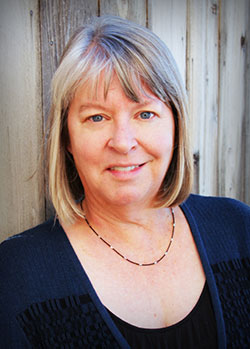 Amy Neel, Ph.D., CCC Amy Neel, Ph.D., CCC | Dr. Amy Neel leads the Speech Acoustics and Intelligibility Laboratory where research focuses on relating acoustic measures of speech to auditory-perceptual judgments of speech. Currently, we are investigating speech biomarkers for neurogenic decline in professional fighters, speech characteristics of children with Pompe disease, and the impact of noise on speech intelligibility in Parkinson disease. Dr Neel is not accepting PhD students at this time. |
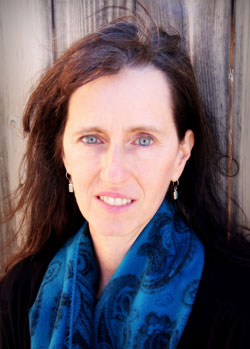 Phyllis Palmer, Ph.D., CCC Phyllis Palmer, Ph.D., CCC | Dr. Phyllis Palmer leads the swallow disorder lab focused on understanding the process of swallowing and its disorders with a goal of identifying best treatment practices to enhance the lives of NM with dysphagia. |
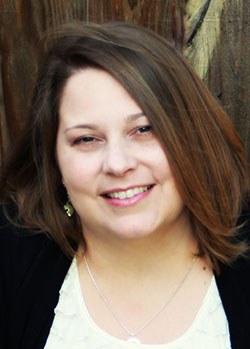 Jessica Richardson, Ph.D., CCC Jessica Richardson, Ph.D., CCC | Dr. Jessica Richardson directs the Neuroscience of Rehabilitation lab which is home to Brain Scouts and SPACE (Stable and Progressive Aphasia Center). Several funded projects are focused on improving assessment and treatment of speech, language, and cognitive disorders in adults, using a variety of techniques, such as EEG, eyetracking, MRI, brain stimulation, and more. |
Barbara Rodriguez, Ph.D., CCC | Dr. Rodriguez is not taking PhD students at this time. |

